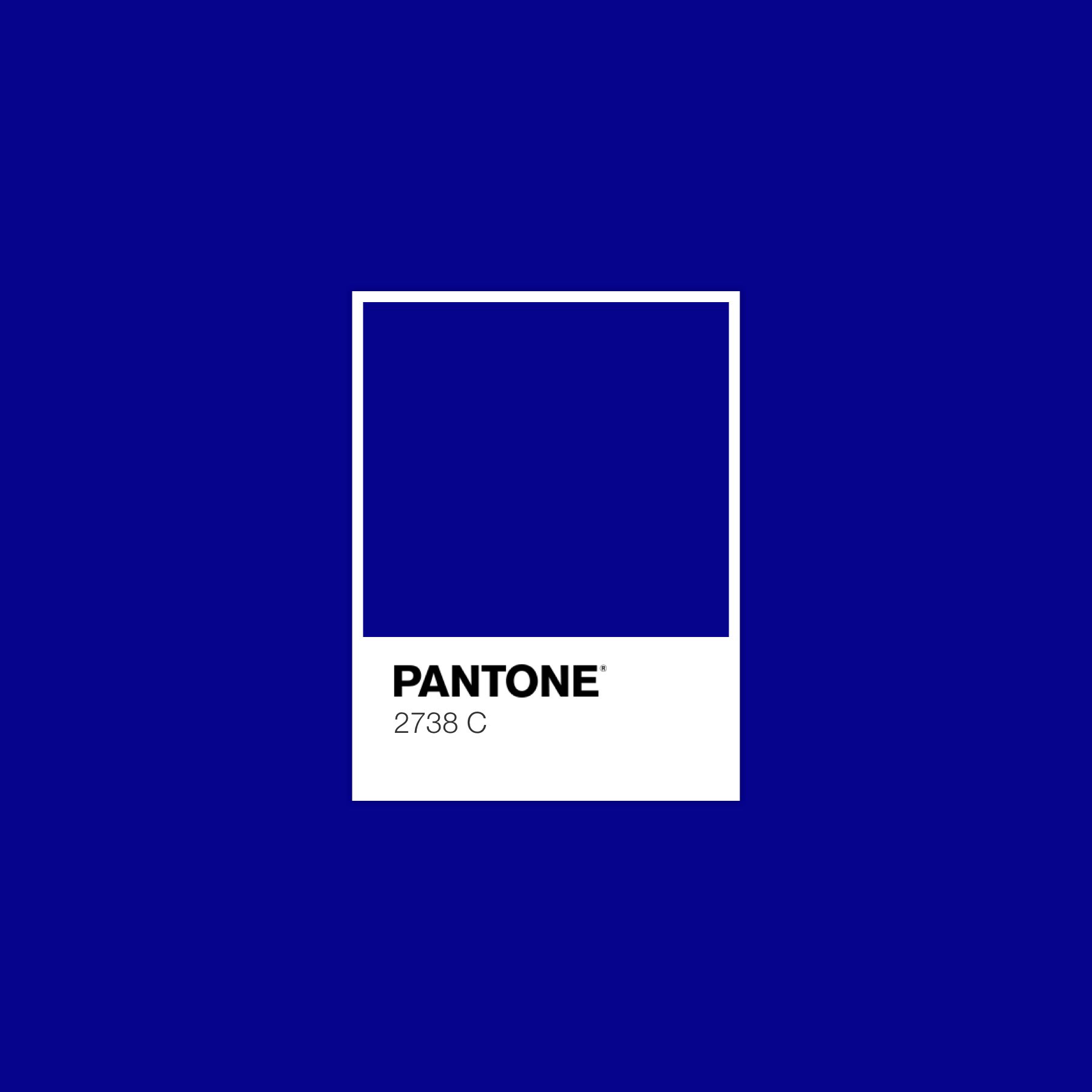Unveiling Cobalt Blue The Rich History and Vibrant Applications of a Captivating Hue

Have you ever been captivated by a deep, rich blue that seems to hold a touch of mystery? That might be the alluring color cobalt. This mesmerizing hue has a history as rich as its appearance, and its uses extend far beyond a simple pigment. Join us as we explore the fascinating world of cobalt blue, from its origins to its modern-day applications.
What exactly is the color cobalt? It's a deep blue, often described as intense and complex. It's not a single, static shade, but rather a spectrum ranging from a slightly greenish blue to a deep, almost violet hue. The color's vibrancy and depth make it a popular choice in various fields, including art, design, and even industrial applications. Understanding the different shades and properties of cobalt blue allows for its effective use in a wide range of creative endeavors.
The history of cobalt blue is intertwined with the element itself, cobalt. Early civilizations utilized cobalt compounds to create blue pigments for glass and ceramics. The distinctive blue hues found in ancient Egyptian artifacts and Chinese porcelain are testaments to the enduring appeal of this color. However, the creation of a stable and reliable cobalt blue pigment didn't occur until the 18th century when a French chemist, Louis Jacques Thénard, developed a process for synthesizing cobalt aluminate, the basis for modern cobalt blue.
The significance of cobalt blue extends beyond its aesthetic appeal. It has played a vital role in the development of artistic techniques and has become a symbolic color in various cultures. From the iconic blue and white Delftware of the Netherlands to the vibrant paintings of the Impressionists, cobalt blue has left an indelible mark on art history. Its importance continues to resonate today, with designers and artists embracing its versatility and expressive qualities.
Despite its popularity, there are some concerns associated with the use of cobalt blue. The mining and processing of cobalt ore can have environmental impacts, and some forms of cobalt compounds can be toxic if mishandled. Therefore, it is essential to source cobalt blue pigments responsibly and to follow safety guidelines when working with them. Understanding these issues allows for the responsible and sustainable use of this captivating color.
Cobalt blue is more than just a pretty color; it’s a versatile tool in the hands of artists and designers. From delicate washes to bold accents, cobalt blue adds depth and intrigue to a variety of artistic expressions. Its rich hue can evoke a sense of calm, mystery, or even royalty, making it a powerful tool for visual storytelling.
One of the benefits of cobalt blue is its permanence. It is a highly lightfast pigment, meaning it resists fading over time, ensuring that your artwork retains its vibrancy for generations to come. Another advantage is its compatibility with a wide range of mediums. Whether you’re working with watercolors, oils, or acrylics, cobalt blue seamlessly integrates into your palette, offering a reliable and consistent color experience.
Advantages and Disadvantages of Cobalt Blue Pigments
| Advantages | Disadvantages |
|---|---|
| Lightfast and resistant to fading | Can be more expensive than other blue pigments |
| Compatible with various painting mediums | Some forms of cobalt can be toxic if mishandled |
| Creates rich, intense hues | Mining of cobalt can have environmental impacts |
A simple example of using cobalt blue effectively is to pair it with its complementary color, orange. This combination creates a vibrant contrast that can add energy and excitement to your artwork. Another effective use is to mix cobalt blue with white to create a range of lighter blue tints, ideal for skies, water, or delicate floral details.
Frequently Asked Questions:
1. What is the color cobalt? Cobalt blue is a deep, rich blue pigment derived from cobalt compounds.
2. What is the history of cobalt blue? Cobalt has been used as a pigment since ancient times, but modern cobalt blue was developed in the 18th century.
3. Is cobalt blue toxic? Some forms of cobalt can be toxic. Always follow safety guidelines.
4. What are the different shades of cobalt blue? Cobalt blue ranges from a greenish-blue to a deep, almost violet hue.
5. What are the uses of cobalt blue? It is used in paints, ceramics, glass, and other decorative arts.
6. Is cobalt blue lightfast? Yes, it is highly lightfast and resistant to fading.
7. How can I mix cobalt blue? It can be mixed with other colors to create a wide range of hues.
8. Where can I buy cobalt blue pigment? Art supply stores typically carry cobalt blue paints and pigments.
In conclusion, cobalt blue is more than just a color; it’s a rich and complex hue with a fascinating history and a wide range of applications. From its ancient origins to its modern-day uses, cobalt blue continues to captivate artists, designers, and anyone drawn to its intense beauty. Understanding its properties, benefits, and potential challenges allows for its responsible and effective use. By embracing this captivating color, we can unlock a world of creative possibilities and add a touch of enduring elegance to our artistic endeavors. Explore the spectrum of cobalt blue and discover the unique magic it holds for you.
Navigating the world of fours a crowd manga
Bmw i8 greenville sc your guide to the ultimate driving experience
Unlocking potential with rcs advisors india pvt ltd









:max_bytes(150000):strip_icc()/what-color-is-cobalt-1077384-91471a6c9d5f46b2ab91e4c41ec7ece8.png)



